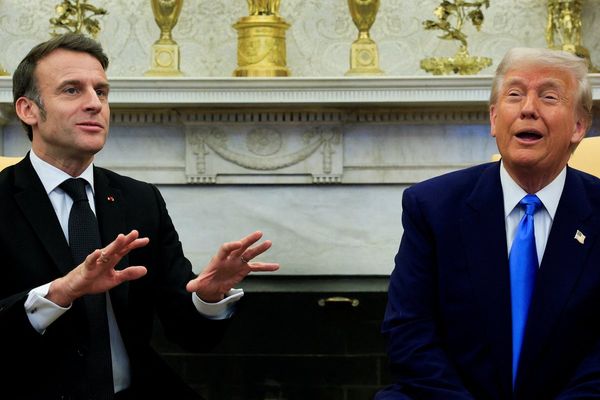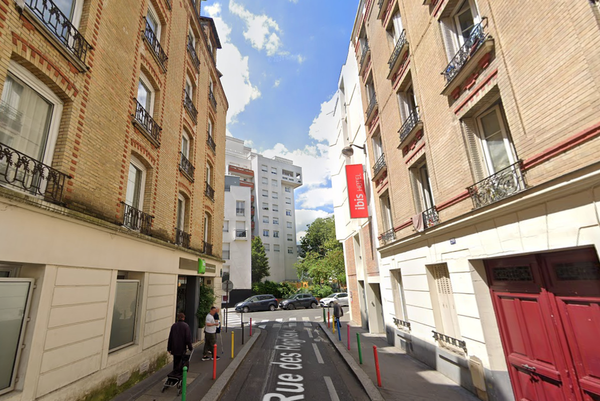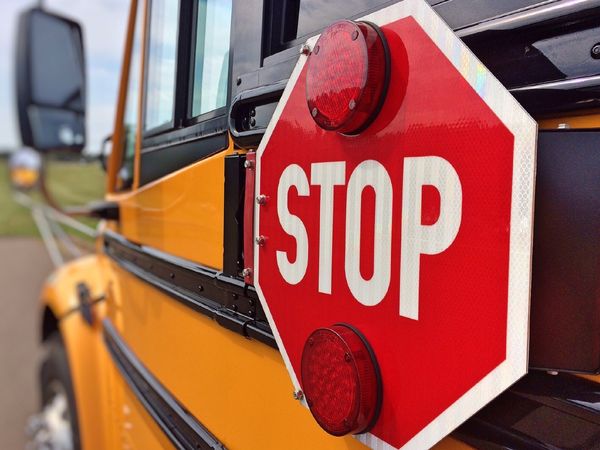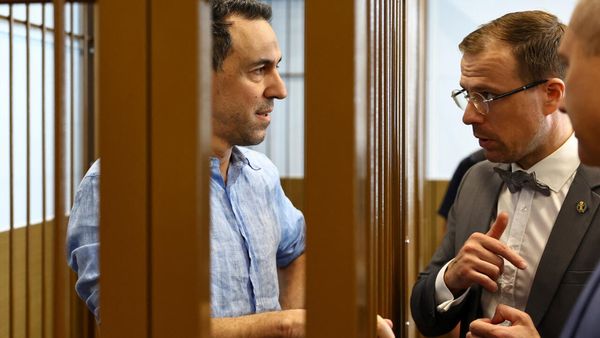
The German chancellor, Olaf Scholz, has said the world is more unified in its support for Ukraine than Russia suggests, as the war dominated a G7 meeting also tasked with crises in food supply, the climate emergency and a breakdown in global order.
“We must not walk into the trap Putin sets of asserting that the world is divided into the global west – the G7 and its friends in the north – and all the rest. That’s not true,” Scholz told Germany’s ZDF television.
“There are democracies all over the world and they have very similar perspectives,” added Scholz, who is hosting this week’s summit of the smaller Group of Seven industrial powers.
In an attempt to prevent the G7 from being seen as a rich man’s club obsessed only with a war in Europe, Scholz had invited five counterparts from South Africa, India, Argentina, Senegal and Indonesia to join the discussion on world hunger, development and the environment.
However, his appeal was weakened by the fact that only 90 minutes were set aside at the summit to discuss food, health and climate. Discussion of debt or the injection of new Special Drawing Rights funds, two issues of central concern to Africa, were absent, now largely seen as issues to be discussed by the wider G20 later this year.
Green groups also complained that climate crisis commitments in the draft G7 communique risked being watered down, especially the passages on ending public sector investment in gas, and a commitment to zero-emission vehicles.
None of the visiting leaders has been enthusiastic about the war in Ukraine, and especially not for its effect on their economies, already battered by Covid and the climate crisis. Three of them abstained from voting on a UN security council resolution condemning Russia’s invasion.
The president of Senegal, Macky Sall, as chair of the Africa Union, has warned that the poorest countries are “caught between the hammer of war and the anvil of sanctions”. The Indonesian president, Joko Widodo, the current chair of the G20, has advocated a ceasefire and offered himself as a mediator in the conflict.
Cyril Ramaphosa, the president of South Africa, has avoided criticism of Vladimir Putin, taking aim instead at the west for not adhering to “the principles of solidarity and cooperation when it comes to equitable access to vaccines”.
The Indian prime minister, Narendra Modi, has frustrated the west by buying Russian oil at discount prices and suddenly imposing a ban on wheat exports. The fifth guest, Alberto Angel Fernández, the president of Argentina, the world’s sixth largest wheat exporter facing 60% inflation, has also increased levies on food exports. None of them seemed taken by Scholz’s argument of a war between democrats and autocrats.
One of the problems is a weariness in Africa about the G7’s failure to deliver on pledges made in long-forgotten G7 communiques. The last time G7 leaders met in 2015, they pledged “to lift 500 million people in developing countries out of hunger and malnutrition by 2030”. Oxfam pointed out: “When the goals were set in 2015, there were 630 million in hunger. As of 2021, this figure is thought to be 950 million.”
In the critical diplomacy over the food crisis, the west has belatedly gone on the offensive by insisting that it is Putin, and not western sanctions, that is responsible for the collapse in grain exports and spiralling prices.
But Russia has released counter-propaganda claiming its food exports are hampered by EU sanctions, something Brussels denies. The complex negotiations on reaching an agreement on safe passage for grain convoys, overseen by Turkey and the UN, have lasted a month, and some countries on the brink of starvation want a solution.
On Monday, the UN secretary general, António Guterres, briefed the G7 leaders that his talks to lift the blockade on Ukrainian grain from ports on the Black Sea had reached “the moment of truth”, warning of dire consequences if a negotiated settlement was not reached soon between Ukraine and Russia.
Guterres said UN teams were holding separate talks with Russia and Ukraine to ensure both sides’ grains and fertilisers reached the market.
The G7 is also aware that it is no longer the only game in town. China, in concert with Russia, is all too willing to expand its rival Brics club – which includes Brazil, India and South Africa – to attract more countries away from the western orbit and so create two rival multilateral orders. China has created a Brics Plus group of countries, inviting foreign ministers from Argentina, Egypt, Indonesia, Kazakhstan, Nigeria, the United Arab Emirates, Saudi Arabia, Senegal and Thailand.
In a sign of G7’s need to compete, its leaders signalled that they were unlikely to create a vacuum for China to fill by boycotting the scheduled November meeting of the G20 – the group of major economies that also includes Russia.
Scholz said the west has no intention of “torpedoing” the G20. Meanwhile, the EU Commission president, Ursula von der Leyen, has said: “We have to think very carefully about whether we paralyse the entire G20. I’m not advocating it. In my opinion, the G20 is too important, also for the developing countries, the emerging countries, for us to let it be destroyed by Putin.”







